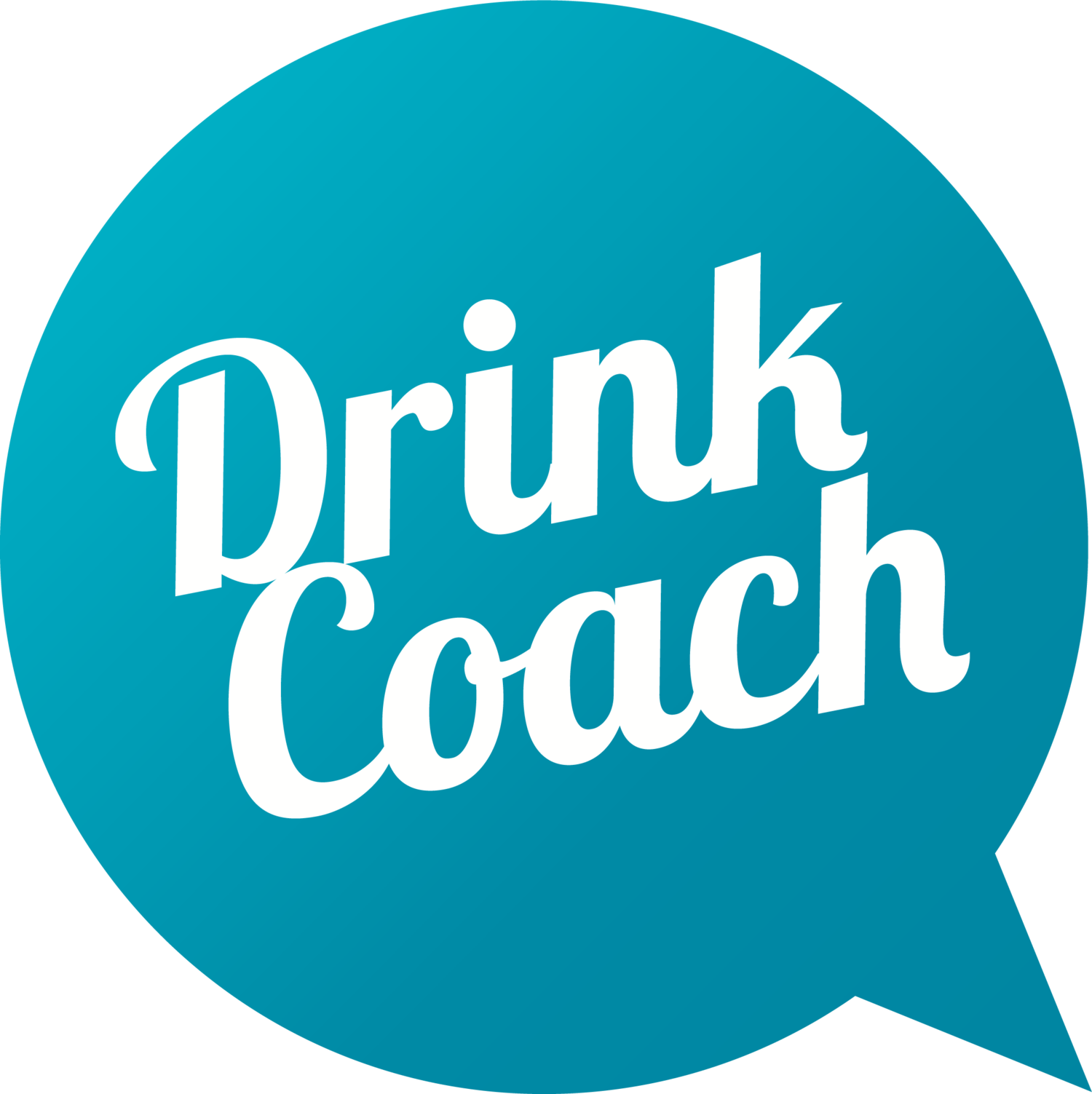Alcohol and anxiety: an infinite cycle.
It’s well known that alcohol can have an adverse effect on mental health, especially anxiety. Alcohol spikes anxiety, which may cause you to drink, to combat feeling anxious. (A cycle that can feel infinite). But know you’re not alone, 82% of adults in the UK reported to have had a drink in the past 12months, and 49% drank at least once a week (1).
Alcohol is a drug that has been firmly cemented in our society, and no one should feel guilty for drinking (82% of adults do it). Understanding your limits and practicing healthy ways of coping with mental health issues, especially anxiety, is the trick, as well as trying to stick to the maximum recommended weekly limit of 14 units per week.
We spoke to Emma from Humankind who works within the ICON (Integrated Co-occurring needs) team, a service that specialises in Mental Health and substance use, to provide some facts on how alcohol effects mental health, and some tips and advice on how you can break the cycle and find healthier coping mechanisms for anxiety.
Understanding the cycle
Understanding the cycle can help you learn triggers, identify when you’re in a cycle, and adopt coping mechanisms to help you break the cycle, hopefully for good.
So how does alcohol impact anxiety?
Alcohol is a depressant. This means it inhibits the chemicals in your body and brain and can reduce your levels of serotonin (the chemical that helps you to regulate your mood).
It also affects your dopamine levels which play a major role in the motivational component of reward-motivated behaviour. Alcohol can often reduce inhibitions and make people feel temporarily less nervous/anxious and more confident/relaxed. However, it can also make people more likely to take unnecessary risks or act in a way that could be seen as inappropriate.
The immediate effects of alcohol wear off quickly and can often make someone feel much worse the next day or in the longer term.
Alcohol can slow down how your brain processes information, making it harder to work out how you’re really feeling and the possible consequences of your actions.
Signs you’re in the cycle
Now you know more about how the cycle starts, the second step is being able to identify when you’re in the cycle.
Alcohol effects people’s mental health in different ways, a trigger or symptom in one person may be completely different to your own. Your body and mind are great at giving you warning signs, all you need to do is put in a bit of work to understand them, and keep your body, mind and conscious in sync.
Triggers and symptoms of an alcohol anxiety cycle may include:
1. You drink regularly to try and feel more relaxed, confident, or sociable.
2. You feel like you use alcohol as a coping mechanism, perhaps to deal with stress, anxiety, depression, or other difficult feelings.
3. Your drinking is starting to affect other areas of your life, whether that be your physical health, relationships, work or your ability/energy to participate in your hobbies.
Now may be a good time to reflect on what some of your triggers and symptoms may be. Our Free DrinkCoach app has features which enable you to track and reflect on your drinking and even set goals and reminders. It’s like having a coach with you at all times. Why not download it now to start reflecting while it’s fresh in your mind.
The importance of early intervention
Breaking the cycle as soon as possible makes the process so much easier. When your body becomes used to alcohol to combat anxiety, it can be harder to retrain your brain to cope in healthy ways.
Alcohol addiction can manifest slowly over a period of time resulting in physical dependence. Long periods of alcohol misuse can contribute to physical health conditions, heightened anxiety, and the feeling of alcohol ‘helping’ will start to dissipate.
After long periods of alcohol misuse physical and psychological withdrawal symptoms may present at the time you try to stop drinking. Physical withdrawal will require a medically managed detox.
Early intervention opens a door to support, and an opportunity to instil hope that the future can be better without alcohol. There are many interventions recognised across the health sector that can help someone experiencing problematic alcohol use and anxiety.
These will include;
- motivational interviewing
- ITEP mapping
- CBT skills
- joint appointments with mental health professionals
- group work shops
It’s important to remember that even if you have been drinking for a while it’s never too late to make a change. Your journey may just be slightly different, but you can still reach the finish line.
How to break the cycle.
1. Start a drink diary. You will be able to track you drinking and start to identify any patterns and triggers. It will also motivate you to keep going when you start to see improvements.
2. Avoid situations where you might be tempted to drink. For example going to the pub with friends. Try to replace them with alternative activities like going to the cinema, joining a book club, taking up a new hobby.
3. Talk to someone you trust. Changing habits and behaviours can be tough. Letting people, you trust know about your concerns and your plans to reduce your drinking can help them to provide you with more support.
4. Talk to your GP. It might feel difficult, but they will be talking to many people every day about the same worries and will be happy to help you. They can check your physical health and how your drinking might be impacting this and can also put you in touch with local specialist support or support groups if this is needed.
5. Contact your local treatment provider. You can contact them by telephone or in person. There you will be able to access non-judgemental support and guidance. If you google local alcohol service, a list of treatment providers in your area will pop up.
6. Contact your local mental health team. There you will be able to access specialist support to adapt healthy coping strategies to manage your anxiety.
7. Explore local fellowship meetings. AA and NA are excellent sources of support.
How do you think you can break the cycle?
If you need additional support with your drinking, DrinkCoach provides convenient online support.
We have specially trained alcohol specialists who offer 1-2-1 online coaching sessions. Check to see if you’re eligible for up to 6 free sessions.
References
(1) https://alcoholchange.org.uk/alcohol-facts/fact-sheets/alcohol-statistics#:~:text=In%20England%20in%202018%2C%2082,%2C%2057%25%20of%20the%20population.



